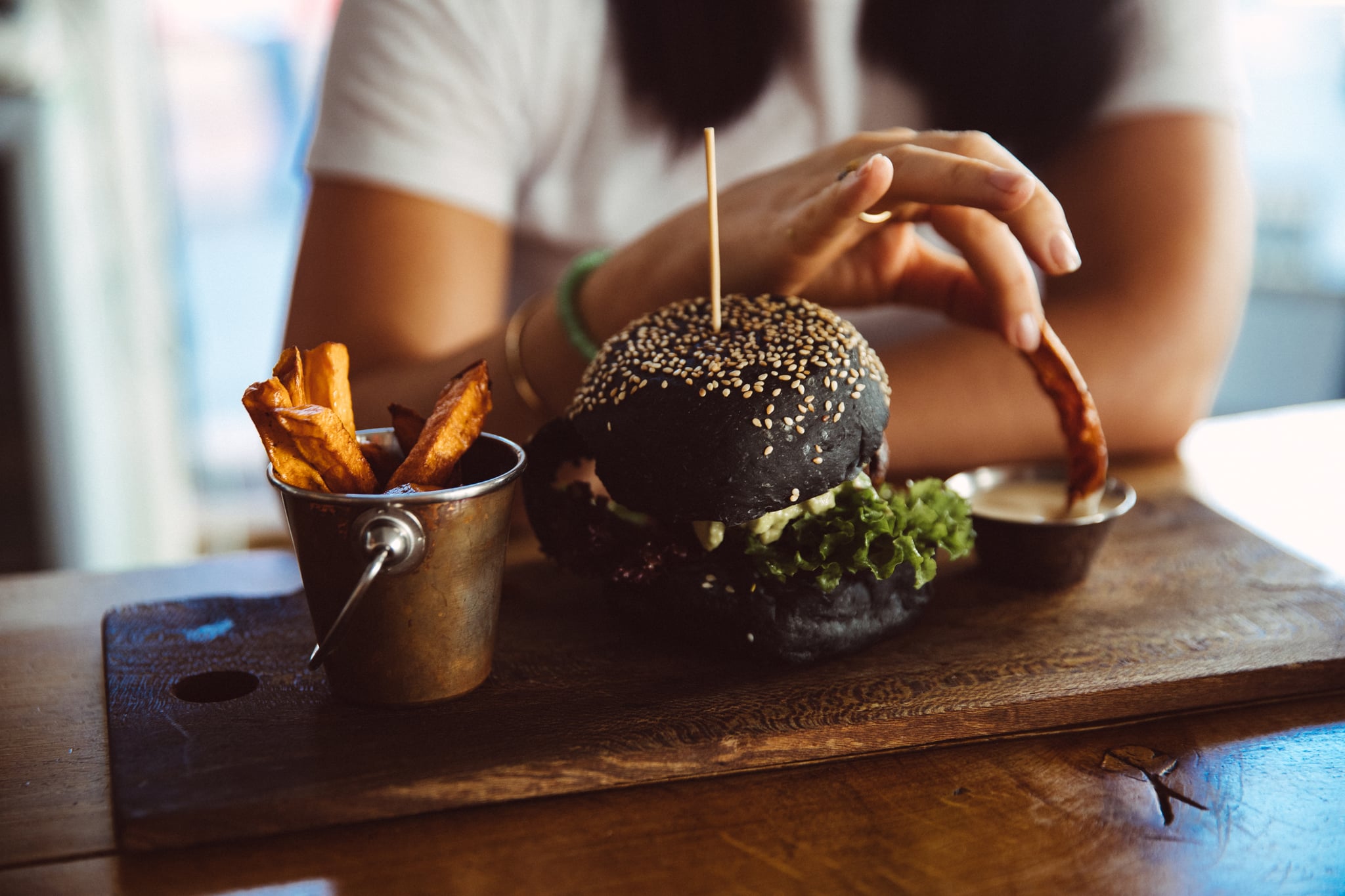
Warning: some things discussed in this personal essay may be triggering to those with a history of disordered eating.
Like many people, I fell prey to diet culture at a young age. When I was just 7, my pediatrician innocuously asked, “So, what do you normally have for lunch?” I told him that my lunch was pretty standard: a sandwich, an apple, some cookies for dessert. He suggested that I “lay off the cookies” for a bit, because even though I had a strong and muscular body from swimming, he was concerned about how much I weighed. Pictures of me at this time in my life show a young girl who is not overweight in the slightest, but that did not stop me from feeling like something was wrong.
Throughout high school, I dabbled with diets and diet pills, and by my first year of college, I had a full-blown eating disorder. I was obsessive about counting calories. Between that and excessive exercise, I quickly shrunk to a weight that meant I was malnourished and underfed. Looking back, the number of compliments I received was stunning. Meanwhile, I was suffering. I would often cry at restaurants when I didn’t think there was anything “healthy” on the menu, and I found myself frequently lying to friends and family to keep this painful secret. When I was diagnosed with anxiety and depression about a year into my eating disorder, one of the first things my psychiatrist addressed was how little I was eating. I started to gain weight back once I was in outpatient therapy.
The thing about disordered eating for me is that it exists in extremes. I use food to manage my emotions, and while at first I relied on starving myself and compulsive exercise, once I was no longer severely restricting my food, I turned to binge eating. This started a dangerous pattern for me. For years, my body would cycle: I would count calories and exercise excessively before swinging back to binge eating. My body was confused, tired, and damaged from years of not knowing what to expect.
Several years ago, after spending most of my life counting calories and obsessing over the number on the scale, I discovered intuitive eating. It sounded too good to be true: a non-diet that relied on me trusting myself and my body? That didn’t seem possible. Still, exhausted by years of consuming obsession, I began to explore the principles, and most of all, learning to trust my body.
It takes work and conscious effort to stop living in this diet mentality where there’s a quick plan to help you lose weight, and every food is labeled “good” or “bad.”
It was not an easy journey. Years of under-eating followed by periods of binge eating meant that I was deeply out of touch with what it felt like to be hungry and full. Beyond that, I had spent so many years adhering to diet plans that told me how many calories to consume, what foods were “safe,” and how much I should be eating each day that I no longer knew what my body actually liked or wanted. I felt unable to feed myself at first. One of the principles of intuitive eating is allowance, which means that you allow yourself to eat the things you want without restriction. The idea is that once food is not forbidden, you no longer feel obsessive.
My process is imperfect. It takes work and conscious effort to stop living in this diet mentality where there’s a quick plan to help you lose weight, and every food is labeled “good” or “bad.” It can be hard to learn to trust your body, and reject things like counting calories and lists of approved foods. That said, healing is possible. I now know when I’m hungry and full, and I trust my intuition. I no longer spend weekends meal prepping for hours to try to keep myself from eating “bad” foods — I let myself have what I want, I eat when I’m hungry, and I stop when I’m full. I genuinely love to exercise, but I don’t force myself to do it for hours on end, or shame myself for skipping a day.
I’ve gained weight from my lowest weight, but none of the things I feared — that I would constantly overeat or crave only foods I had always deemed “unhealthy” — have come true, and I’m working hard to accept and even love my body. Learning to trust my body is something I will work on every day for the rest of my life, but it’s also one of the best things I’ve ever done for my mental health. Without spending hours counting calories, I have more brain space to write, to create, and to live a life that is not bound to or by food. Intuitive eating has helped me learn to appreciate my body, knowing that it is good and worthy of my love and attention no matter what I’m eating, when or how much I’m moving, and whatever the number says on the scale.
